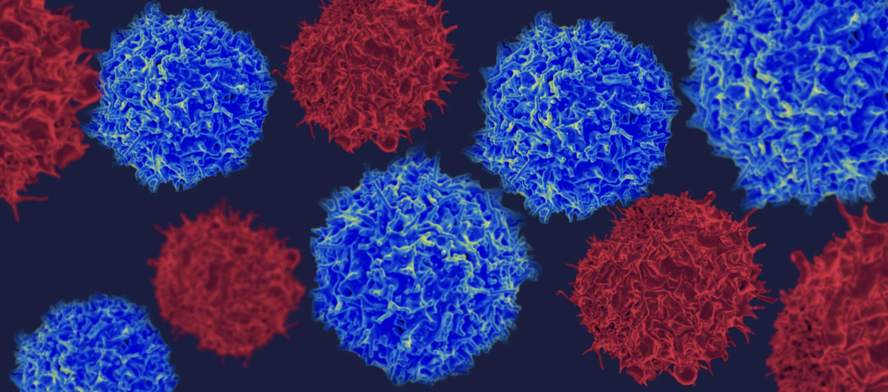Get a more effective vaccine against HIV in monkeys with a new strategy

They have achieved a more effective and sustainable HIV vaccine in monkeys with a new strategy. In addition to creating neutralizing antibodies, the key to the new vaccine is to strengthen cell immunity. The study was conducted by a group of US researchers and the results have been recently published in the journal Nature Medicine.
Most efforts to develop the HIV vaccine focus on the generation of antibodies (neutralizing antibodies) that can deactivate the virus. In this new research, cellular immune response through T cells has also been enhanced. In addition to the superficial protein Env of the virus (which causes the production of antibodies), they have completed the vaccine with another viral protein called Gag, which stimulates cellular immunity.
Tested in monkeys, it has been proven, on the one hand, that it is more effective than existing vaccines so far, as well as in animals that produce less antibodies. This is important, as increasing the potency of neutralizing antibodies is considered fundamental for the effectiveness of a vaccine. On the other hand, they have also managed to extend the duration of protection. They continue to be effective each year.





